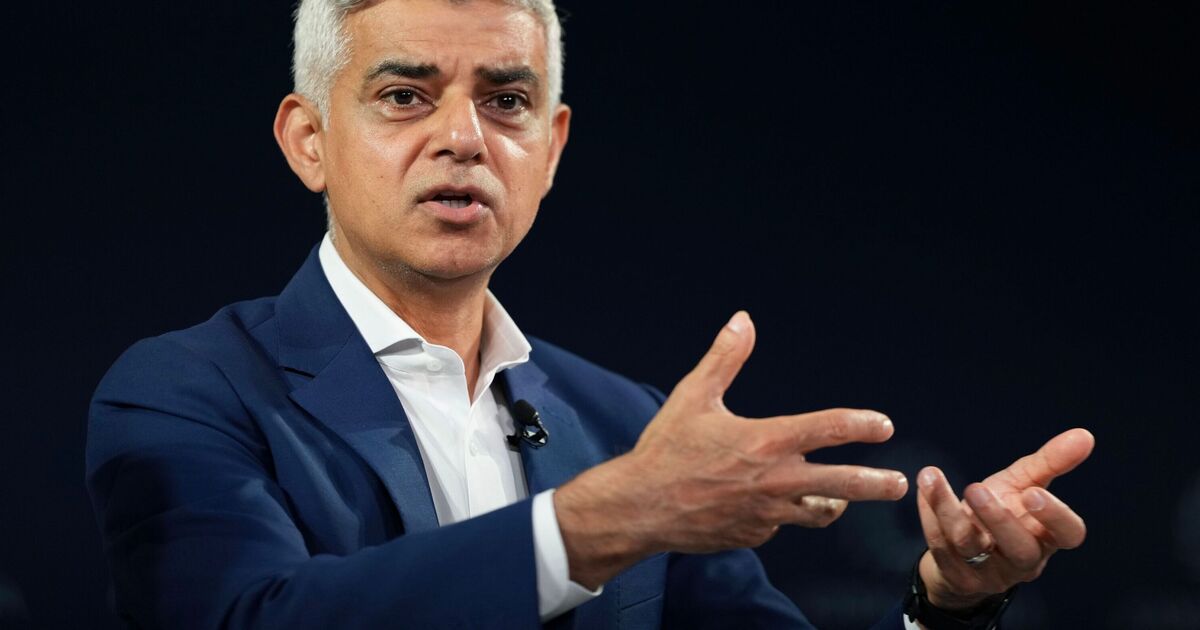London Mayor Sir Sadiq Khan has backed calls to decriminalise possession of small amounts of natural cannabis, describing the current laws as “unjustifiable” and urging the Government to reconsider its approach. Sir Sadiq welcomed the report published on Wednesday by the independent London Drugs Commission (LDC), which he set up in 2022.
The commission, chaired by former Lord Chancellor Lord Falconer, concluded that existing cannabis laws are “disproportionate to the harms it can pose” and disproportionately target specific ethnic communities. The LDC’s research, which examined cannabis policing policies worldwide, found that enforcement “continues to focus on particular ethnic communities,” further damaging trust between the police and those communities.
The commission also called for expanded education programmes on the risks of cannabis use, particularly aimed at young people.
Under current UK law, cannabis is classified as a class B drug, and possession can lead to fines or imprisonment.
The report’s deputy chairwoman, Janet Hills, a former Metropolitan Police detective, described the findings as “a driver for change in our community” and called for “a more balanced and compassionate approach to policing in our city.”
Responding to the report, Sir Sadiq said: “I have long been clear that we need fresh thinking to reduce the substantial harms caused by drug-related crime in our communities.
The London Drugs Commission report makes a compelling, evidence-based case for the decriminalisation of possession of small quantities of natural cannabis, which the Government should seriously consider.”
He added: “The report points out that the current sentencing for those caught with natural cannabis cannot be justified given its relative harm and people’s experience of the justice system. Better education, improved healthcare, and more effective, equitable policing of cannabis use are long overdue.”
The commission also urged the Government to improve addiction support services to better help those who suffer negative effects from cannabis.
It warned that without sufficient medical and social support, decriminalisation alone would be insufficient to address the wider harms associated with drug use.
The debate over cannabis policy has intensified in recent years, with growing recognition that criminal penalties for possession disproportionately affect ethnic minorities and contribute to wider social inequality.
The LDC’s report adds to mounting calls for reform by framing decriminalisation as a pragmatic, evidence-based step that balances public health concerns with the need to reduce the social and criminal justice harms linked to current laws.
Sir Sadiq’s backing gives the report significant weight ahead of any potential government response, with advocates hopeful it will spur progress towards a more humane and effective approach to cannabis regulation in the UK.
